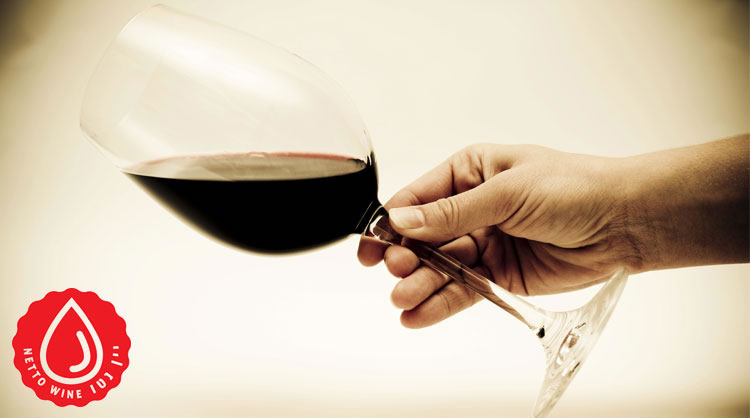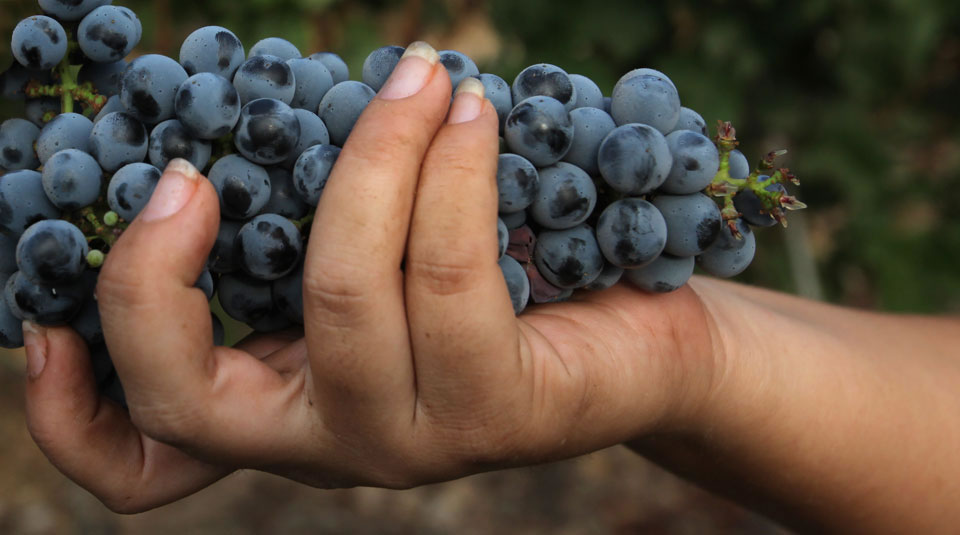
This an edited version of an article published in Hebrew at the Grape Man website
The "Yain Netto" (in English – Net Wine, and by the English name chosen by the founders: "Netto Wine") idea first emerged more than a year and a half ago but the idea didn't really develop into something real, or so it seemed. At a gathering in early December at the Grape Man home we discovered that a good idea, like a good grape, takes time to ripen.
The "Netto Wine" initiative, of which 11 Israeli wineries are members to this date, was born at the home of Rami and Bettina Naaman of the Naaman Winery, after receiving an e-mail from Zahi Dotan, CEO of the Israeli Wine Board. In his e-mail Dotan declared that Israel is soon to adopt a new Wine Standard, similar in its details to the European Wine Manufacturing Statute. According to Naaman, – the message further declared that this new standard shall set the limits of permitted additives in wine to 75 (way too much he believes) and in Naaman's eyes, the contents of the planned Standard displayed zero transparency with regards to the contents of the wine.
Since then Naaman decided that this is not his way and thus began forming a new and more meticulous private voluntary standard, according to which the wines shall include 5 additives only; The idea being minimum additives, maximum transparency laid before the consumers, and the signing of a voluntary pact enabling supervision when needed.
35 wineries have already showed interest in this strict standard, however so far only 11 have joined. The fact that 11 wineries from different parts of the country (most of them from the north) have joined forces, around a positive cause is certainly a good message for the wine industry. Today a strict wine standard and in the future maybe an umbrella body for wineries.
To the question where the other 24 interested wineries are and why haven’t they joined yet, quite a realistic answer was supplied. According to Naaman "some said that they prefer to sit on the fence for a while and see if the project evokes positive or negative waves, and then to join next year. Others say that only some of their wines comply with the standards, but in a year or two it will be appropriate for them to join too. Out of the 35 no one said he doesn’t want to join." The hesitations about the project lie in the fact some of the "interested" wineries are large ones, which cannot deploy the meticulous standards upon all of their wines, only on their high level series and premium wines, or wineries which indeed prefer to see where the wind blows. One way or the other, the wineries now enlisted to the Netto Wine standard are: Naaman, Bar-Maor, Sea Horse, Stern, Lotem, Hans Sternbach Vineyards, Yiftah'el, Dokhta, Miles, Argov and Smadar.

Photograph: David Silverman
It is important to note that the Israeli Wine Standard (Standard no. 1318) – the main statute in Israeli relating to wine production methods and processes - was determined in 1988 and revised only once, in 1994; this, in spite of the significant development since in wine grape growing and wine production worldwide and specifically in Israel. Moreover, a proposition for further revision, prepared by a special committee assembled for this very purpose was laid down in 2013; however the proposal has not yet been approved. In these circumstances any private initiative of wineries wishing to accept stricter production procedures than those dictated by the outdated law is certainly praiseworthy.
The phenomenon of wineries and even wine regions voluntarily accepting strict standards on account of agreements and regulations is not an unknown one. A most illustrative example of such an organization, which served as an ideological base for the "Net Wine" founders is the German VDP, an agreement reached upon and signed between quality wineries that decided not to be satisfied with the German wine qualification system, ruled almost solely by criteria of grape ripening levels at harvest, and to adopt meticulous criteria relating to regional characteristics. The VDP pact is also a fantastic example of how voluntary lawmaking can arouse the authorities to define mandatory rules, since the VDP provisions have since been partly approved by German Wine Law, and became statutory in the Rheingau wine region.
Are we standing before another positive revolution in the Israeli wine scene? The big decision in this context is often not deciding to agree along strict protocols or even to express them in so many words, as much as this is a difficult task; the real difficulty is in perseverance, preciseness and maintaining the accepted rules, especially where there is no real enforcement and everything actually takes place voluntarily. The real test standing before the "Netto Wine" group shall therefore be in preservation of their accepted commitments over time. If they so succeed and as such also succeed in differentiating themselves commercial wise as quality wineries, there is no doubt that additional wineries will join them, and maybe the future shall show that similar to the VDP of Germany, the Net Wine initiative will serve as a catalyst to the promotion of relevant and up to date, transparent and most of all efficient regulation, which shall apply by law to all Israeli wineries, for the benefit of the consumers.



